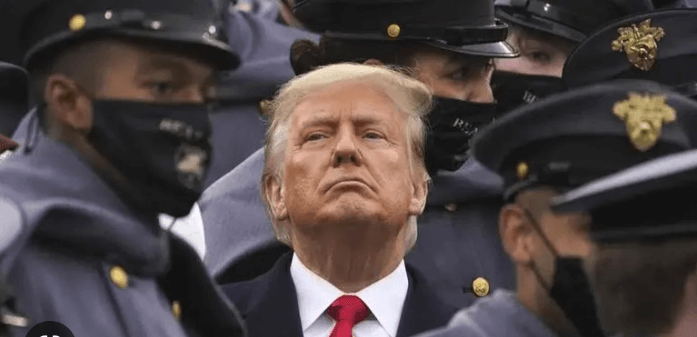The drama surrounding former President Donald Trump seems to be never-ending, especially when it comes to the ongoing debate over whether he obstructed justice during his time in office. As a new case in New York proceeds, the controversy only continues to heat up. With so many different opinions and perspectives on the matter, it’s hard not to get caught up in all of the excitement. So let’s dive into what’s happening and explore why this particular case is causing such a stir!
What is the Trump obstruction of justice case?
In the Trump obstruction of justice case, prosecutors are investigating whether the president interfered with the investigation into Russian interference in the 2016 election. The case is ongoing and no charges have been filed against the president. However, if investigators find that Trump obstructed justice, he could be impeached.
Who are the key players in the case?
In addition to President Trump, the key players in this case include:
-Rudy Giuliani: President Trump’s personal lawyer who has been vocal in his defense of the president.
-Michael Cohen: President Trump’s former personal lawyer who is currently under investigation by federal prosecutors.
-Jeff Sessions: The former Attorney General who recused himself from the Russia investigation and is now a key witness in the obstruction of justice case against President Trump.
What are the arguments for and against obstruction of justice?
The central question in the obstruction of justice debate is whether Trump’s actions as president constituted a crime. Critics say that Trump’s firing of FBI Director James Comey and his attempts to influence the investigation into Russian interference in the 2016 election amount to obstruction of justice. Defenders of Trump argue that he has constitutional authority to fire Comey and that his actions do not meet the legal definition of obstruction.
The case against Trump rests on two key pieces of evidence: first, Trump’s firing of Comey, which many believe was an attempt to obstruct the Russia investigation; and second, Trump’s reported efforts to pressure Attorney General Jeff Sessions not to recuse himself from the Russia probe.
However, there are also some arguments in favor of Trump. First, it is important to remember that presidents have broad authority to fire members of their cabinet, including the FBI director. Second, while Trump may have attempted to influence the Russia investigation, there is no evidence that he actually obstructed justice.
How will the case proceed?
As the debate over whether or not President Trump obstructed justice continues, the New York case against him is proceeding. Here’s how it is likely to play out:
The case will be heard in federal court in Manhattan. Trump’s lawyers will argue that he did not obstruct justice and that the case should be dismissed. They will also likely argue that the president cannot be prosecuted for a crime while he is in office.
prosecutors will argue that Trump obstructed justice by trying to interfere with the investigation into Russian interference in the 2016 election. They will also argue that he is not immune from prosecution while in office.
The judge will ultimately decide whether or not the case can proceed. If she rules that it can, then the trial will begin and both sides will present their evidence and arguments. If she rules that it cannot, then the case will be dismissed and Trump will not be able to be prosecuted for obstruction of justice.
Conclusion
The debate over whether President Trump obstructed justice is likely to continue for some time, as the legal proceedings in New York are ongoing. While there is currently no clear answer as to what the outcome of this case will be, one thing is certain: it has raised important questions about executive power and presidential privilege that have wide-reaching implications for our democratic system. It remains to be seen how these issues will be resolved but we can expect further discussion on them in the coming months.
